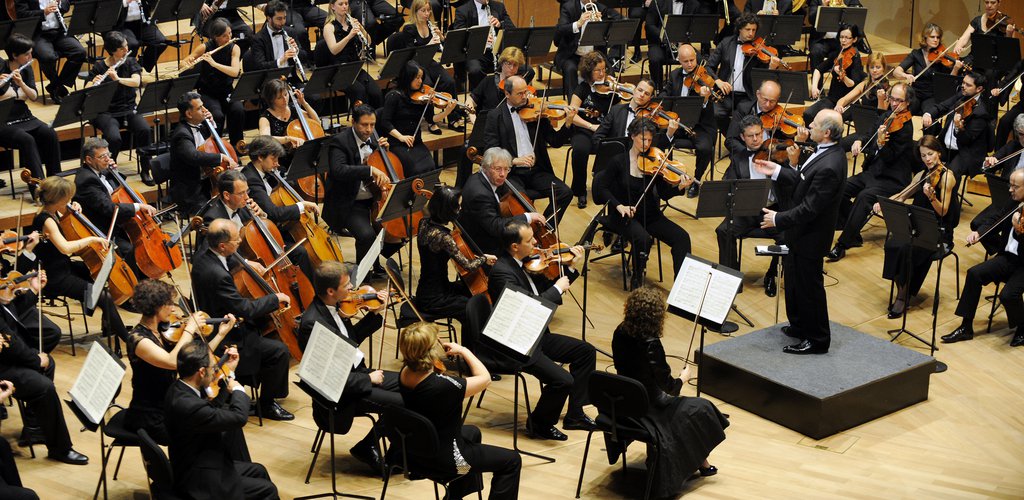"Ivan Fischer’s Das Lied von der Erde is among the finest I’ve heard." Critical review by Greg Keane in Limelight Magazine.
Nothing will ever supplant the Klemperer/Ludwig/Wunderlich – a reading for the ages if ever there were one – but this one, with mezzo-soprano Gerhild Romberger and tenor Robert Dean Smith, runs it close. The Budapest Festival Orchestra also covers itself in glory: just listen to the plangent oboe in the second song “The lonely one in autumn,” depicting the lengthening shadows.
Mahler’s sublime rumination on life, death, joy, suffering, eternity, transience and everything else human existence can offer, embraces his dictum that a symphony must embrace all creation. The more introspective songs have the nuanced texture of shot silk, the more robust passages a riotous kaleidoscopic exuberance.
Dean Smith immediately establishes his heldentenor credentials with his defiant tone in the first, “The drinking song of the earth’s sorrow”. He contrasts this with his mood of desperate hedonism in “The drunken one in spring,” determined to drain every last drop from the golden goblet.
One review described the fast, almost manic, middle section of the fifth song, “Of beauty,” where the gorgeous young girls marvel at the handsome youths suddenly galloping past on their spirited horses, as a Hollywood-like entrance: for me, it bizarrely anticipates an act one finale to a Broadway musical. This, one of the most terrifying passages in the mezzo/contralto repertoire, holds no terrors for Romberger.
The opening of the “The farewell,” as long as the five preceding movements combined, is the darkest music Mahler ever wrote, even bleaker that the end of the Sixth Symphony. I’ve always remembered a 1976 London performance with the newly ennobled Dame Janet Baker. A reviewer remarked that in her final melisma-like utterances of “ewig” (forever), her voice became one of the instruments of the orchestra, drawing us into the peace of the infinite. Gerhild Romberger does just this.

